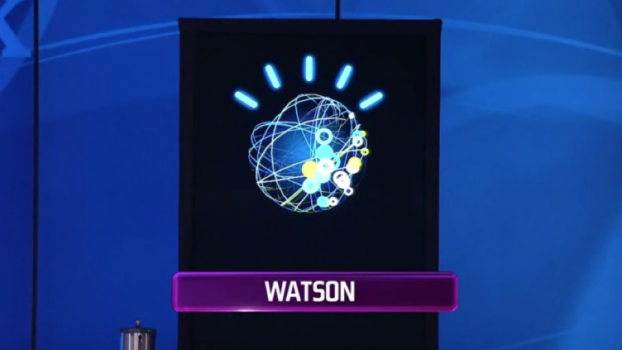
IBM’s Watson supercomputer successfully stomped out its human competition, Ken Jennings and Brad Rutter, during a three-round Jeopardy! battle way back in February. Despite the much-talked-about win, however, the high-powered machine still can’t land a good job. According to Hemispheres magazine (the one you flip through on Continental Airlines flights), Watson may soon be tasked with answering customer service calls.
Essentially, Watson’s most valuable talent lies in its ability to accurately interpret human speech, then search through massive databases of information to return the correct response to a query. And for retailers looking for a solution to their crappy automated customer service systems, Watson-like technology may have the answer.
On one level, Watson could be attached to customer service lines, so that when customers call with a question, Watson can find a solution. So if, say, your new television suddenly stops working, Watson will be able to tell you why, based upon the information you provide through speaking (as opposed to the infuriating and inefficient number-punching that’s commonplace today).
In addition, Watson could be used to help marketing departments more accurately target offers for their products based on the supercomputer’s data analysis.
“Retailers are going to jump to the top of the queue for Watson-like technologies because of all the data traffic they generate,” says Peter Charness, president of analytics software maker Mathan Systems. When a person searches for products online, or posts information about their commercial purchases, wants and desires on Twitter, that person “generates an unbelievable blizzard of data,” says Charness. With Watson’s data-crunching abilities at their disposal, marketing departments will be able to deliver coupons, advertisements and deals to consumers that they actually want. Or, in other words, Watson is about to spam you.
(Via Engadget)


